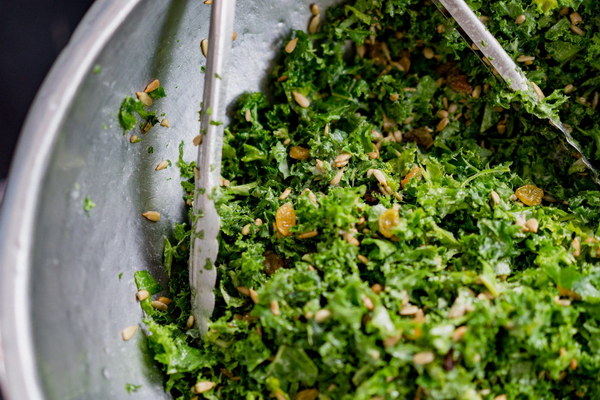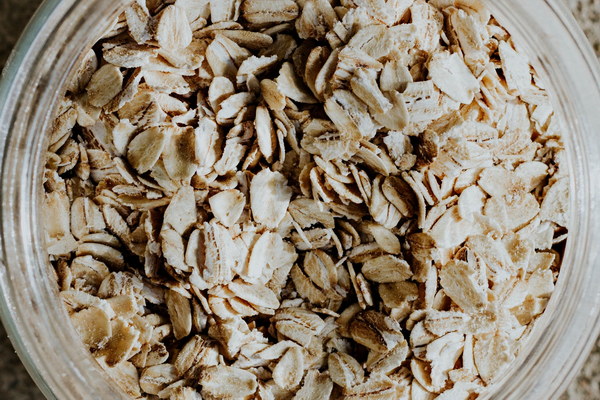Does Corn Tea Really Soothe Your Stomach A Closer Look at Its Gastrointestinal Benefits
Does Corn Tea Really Soothe Your Stomach? A Closer Look at Its Gastrointestinal Benefits
In recent years, corn tea has gained popularity as a natural health drink, particularly among those seeking relief for gastrointestinal discomfort. With its sweet, nutty flavor and a variety of purported health benefits, many are curious about the truth behind the claim that corn tea can soothe the stomach. In this article, we delve into the science behind corn tea and its potential gastrointestinal benefits.
The Composition of Corn Tea
Corn tea, also known as corn silk tea, is made from the silk threads found inside the husks of corn. These silks are rich in vitamins, minerals, and antioxidants, which are believed to contribute to its health benefits. The primary components of corn tea include:
- Vitamin C: An essential nutrient that helps to boost the immune system and acts as an antioxidant.
- Vitamin A: Important for maintaining healthy skin, teeth, and bones.
- Magnesium: Known for its role in muscle and nerve function, as well as blood sugar control.
- Antioxidants: These compounds help to protect the body from oxidative stress and may reduce the risk of chronic diseases.

Potential Gastrointestinal Benefits of Corn Tea
While scientific research on the specific effects of corn tea on the gastrointestinal system is limited, there are several reasons why it might be beneficial:
1. Anti-inflammatory Properties: Corn silk contains compounds that may have anti-inflammatory effects, which could help reduce inflammation in the stomach and intestines, thereby alleviating symptoms of conditions like gastritis or irritable bowel syndrome (IBS).
2. Digestive Aid: Some studies suggest that the fibers in corn silk can act as a natural digestive aid, helping to regulate bowel movements and prevent constipation.
3. Antioxidant Protection: The high levels of antioxidants in corn tea may help to protect the stomach lining from damage caused by free radicals, which can contribute to ulcers and other stomach issues.
4. Stress Reduction: Regular consumption of corn tea may help reduce stress levels, as it contains compounds that can have a calming effect on the nervous system. Chronic stress can exacerbate gastrointestinal symptoms, so this potential benefit may indirectly improve gastrointestinal health.
Research and Studies
While anecdotal evidence supports the use of corn tea for gastrointestinal health, more rigorous scientific studies are needed to confirm its effectiveness. Some studies have shown promising results, such as a pilot study published in the Journal of Ethnopharmacology that suggested corn silk extracts could help reduce symptoms of IBS.
Safety and Side Effects
Corn tea is generally considered safe for most people when consumed in moderation. However, as with any herbal remedy, it's important to consider potential side effects and interactions with other medications. For example, corn silk may affect blood sugar levels or interact with blood thinners, so individuals with these conditions should consult a healthcare professional before starting a regimen of corn tea.
Conclusion
While there is limited scientific evidence to support the claim that corn tea can soothe the stomach, its natural composition suggests several potential gastrointestinal benefits. If you're considering incorporating corn tea into your diet, it's best to do so as part of a balanced lifestyle and to consult with a healthcare provider, especially if you have existing gastrointestinal conditions or are taking medication. As more research is conducted, we may gain a clearer understanding of the role corn tea can play in supporting gastrointestinal health.









